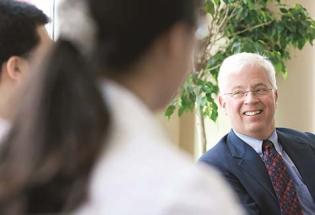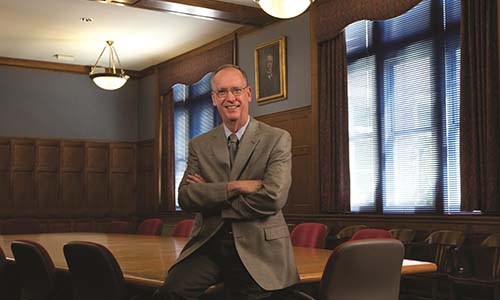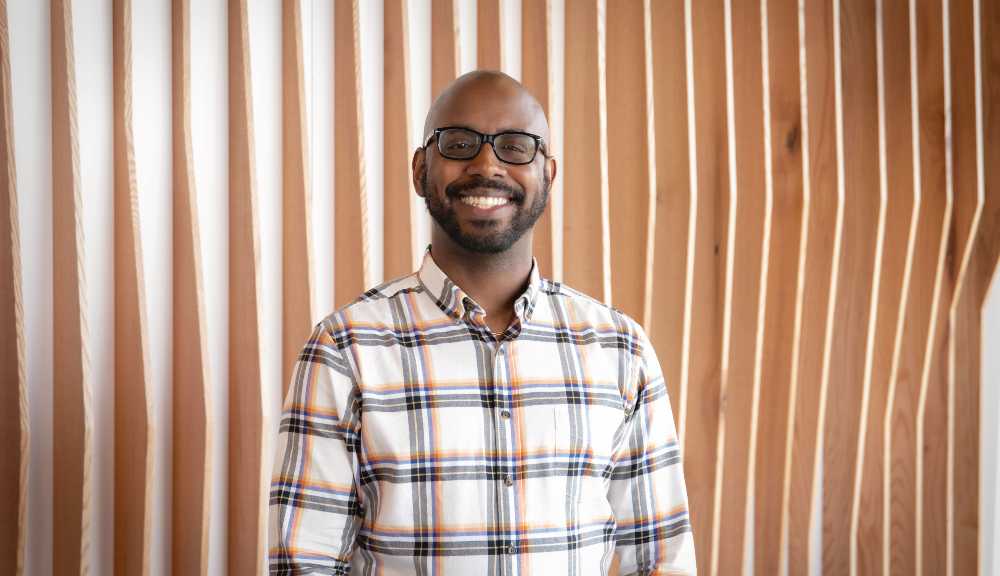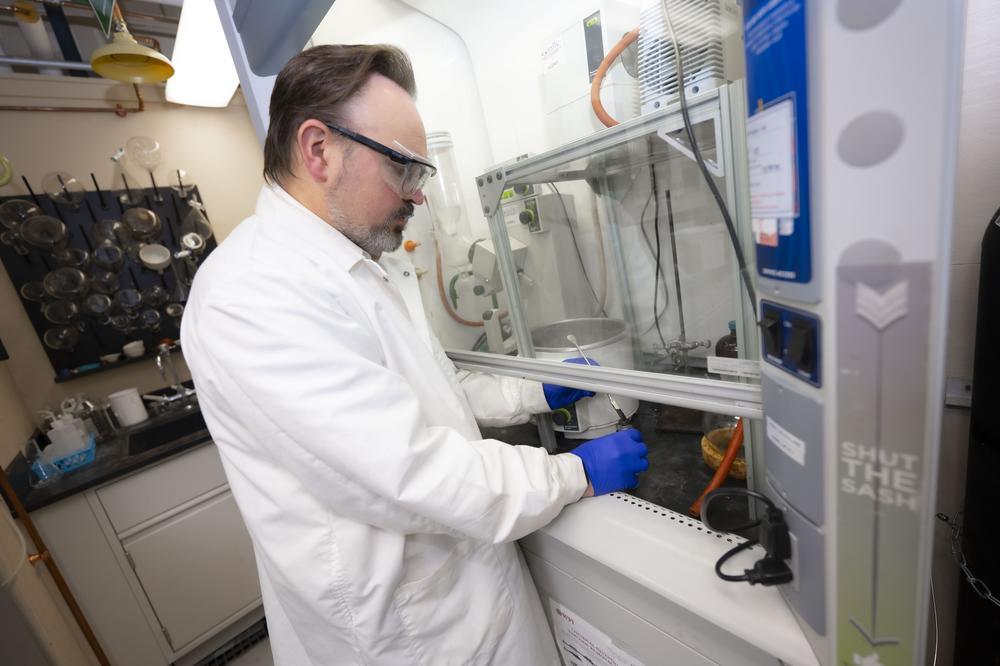When Massachusetts-based supermarket chain Market Basket’s majority shareholder, Arthur S. Demoulas, fired his cousin, revered CEO Arthur T. Demoulas, it set off a chain reaction more powerful than anyone could have anticipated. 25,000 Market Basket employees and millions of customers joined together to boycott the supermarket chain until Arthur T. was reinstated as CEO. The story took the New England area by storm, eventually even garnering national attention for its example of democracy in action.
On Wednesday, February 1, the Foisie Business School at WPI will be hosting a screening of the documentary We the People: The Market Basket Effect, which goes in-depth on the six-week boycott. The event will include a discussion with the film’s producers, moderated by Michael Elmes and Elizabeth Long Lingo, professor and assistant professor at the Foisie Business School, respectively.
Elmes and Lingo have spent the last year studying the Market Basket case and have authored a paper about the impact employees and customers had on influencing the family business’ hiring decisions. Elmes took a few minutes to discuss their research and the effect the case had on the community.
 Michael Elmes
Michael Elmes
You had mentioned that you’ve been looking at the Market Basket case using a “sensemaking theoretical perspective.” Can you explain what that means, and talk about your research studies and interests and how they connect with the documentary?
The paper itself focuses on the profound impact and influence non-family members can have on a family business, and how this led to Market Basket’s reversal of its decision to fire CEO Artie T. “Sensemaking” refers to when there’s a difference between what’s expected and what’s actually experienced, and people organize and react in response to that difference in order to make sense of what’s going on. In this case, Artie T.’s removal from the position of CEO challenged what customers and employees understood the company to be, and they reacted accordingly in an attempt to make sense of the situation, staging a successful boycott that’s the basis for the We the People documentary.




